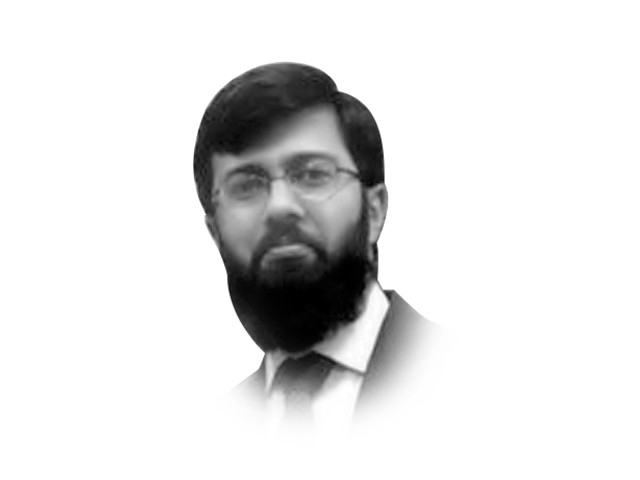The ethnic vote
Middle class in Pakistan is finally voting not as members of any ethnic group, but as part of broader national whole.

The ethnic vote
There is a myth that almost every Muhajir child in Pakistan grows up with: that we are somehow a violently persecuted and hated group. Even some of the most urbane and sophisticated of Muhajirs will argue that “we need an exclusive political group for protection”.
I call it a half-truth because there is at least some basis in reality for this persecution complex. During much of the 1970s and 1980s, many Muhajirs faced considerable discrimination when applying for government jobs. Questions about “where are you grandparents from” or the “Urban Sindh” quota were seen as tools used to limit Muhajir access to the most rewarding careers in the public sector.
But while the discrimination was pervasive and real in those two decades, it is not remotely close to being the full story. There are two parts of the story that are often left out. The first: “why were Muhajirs so badly discriminated against?” And the second: “are we still discriminated against?”
The answer to the first question is one that Muhajir families love to gloss over. At the time of independence and in the two decades that followed, Muhajirs dominated the powerful Civil Service of Pakistan in its heyday, in numbers that far exceeded their proportion of the population. The standard reason given for why this was so, and why it was appropriate, reeks of a lack of self-awareness: “it is because Muhajirs were the most qualified for those jobs.”
This answer is wrong on multiple levels. Firstly, it ignores the substantial educated middle class that existed in other ethnic groups that constitute Pakistan. But perhaps more importantly, even if one were to grant that this false premise is somehow true, why did none of these supposedly brilliantly well-educated Muhajirs think to close the education gap between them and other ethnic groups? Why did none of them think to invest state resources in education in the early years of our republic? Where were those supposedly superior “Muhajir values” that my relatives are so fond of talking about? Or did our values include consolidating our power through an unelected bureaucracy while sharing no decision making authority with other ethnic groups?
The harsh truth is that, while the discrimination against Muhajirs was real and reprehensible, it was not unprovoked. Other ethnic groups had legitimate grievances against Muhajir dominance and not telling our children that part of the story only makes them resentful and supportive of exclusionary and hateful ideologies.
As for the second question of how things fare in the present, there is considerable room for optimism on this front. Discrimination against Muhajirs has become largely irrelevant, thanks to the rise of the private sector. Corporate Pakistan’s most lucrative jobs are located in Karachi and so there is little fear among young Muhajir men and women that they will be discriminated against for the most coveted employment opportunities. Simply put, Muhajirs are no longer a threatened ethnic group, if we ever were one.
So will these old political constructs go away? The results of the 2013 election would suggest that we may be headed in that direction. In virtually every constituency where the Karachi-focused MQM won, the more nationally focused PTI secured the second-highest vote tally. Perhaps, the middle class in Pakistan is finally coming out of this mindset and voting not as members of any ethnic group, but as part of the broader national whole.
Published in The Express Tribune, September 12th, 2014.
Like Opinion & Editorial on Facebook, follow @ETOpEd on Twitter to receive all updates on all our daily pieces.















COMMENTS
Comments are moderated and generally will be posted if they are on-topic and not abusive.
For more information, please see our Comments FAQ